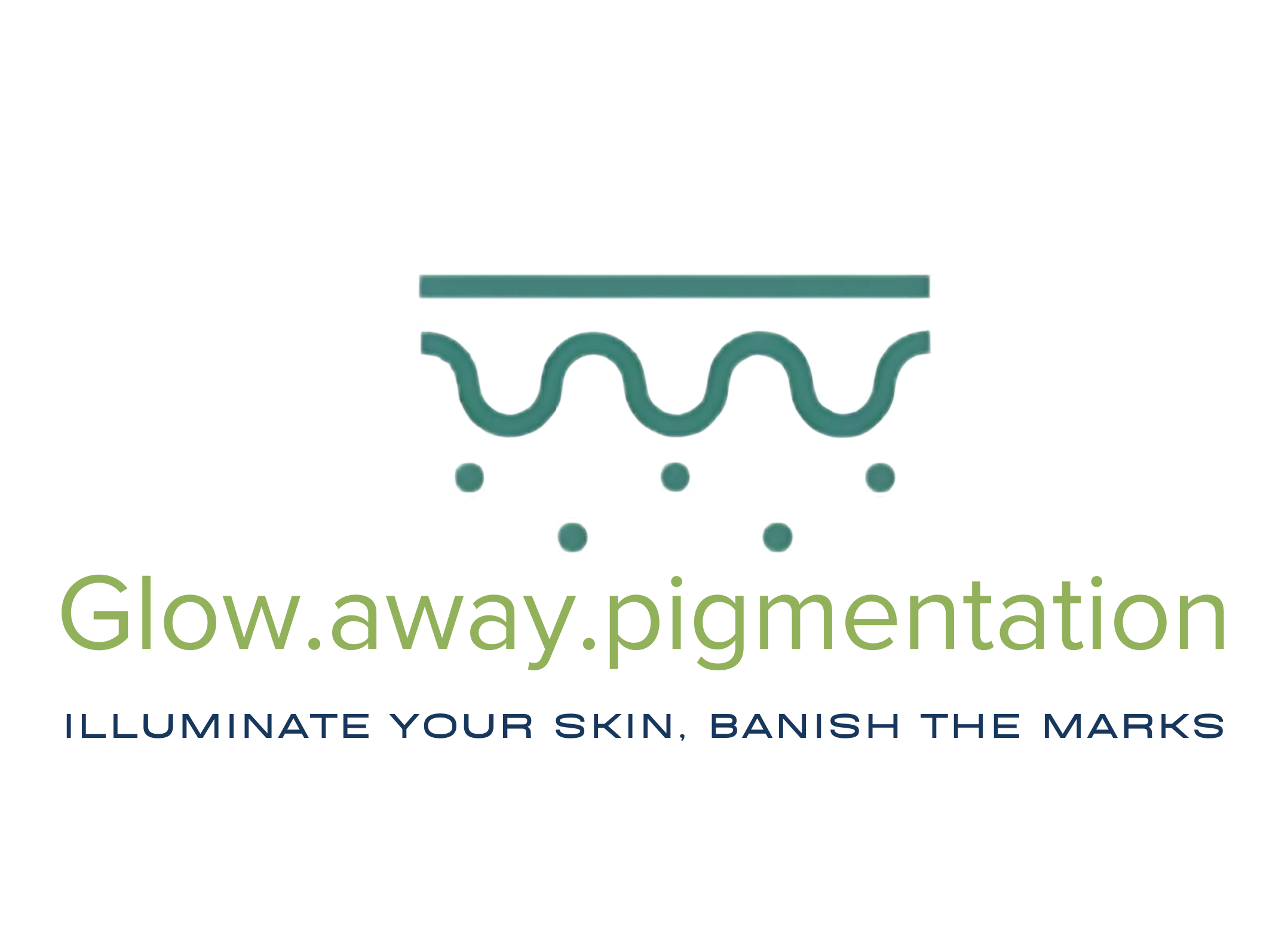No products in the cart.: R0,00
The Sun’s Effect on Your Skin?

No products in the cart.: R0,00

Is the Sun Really Good for Healthy, Glowing Skin?
The sun often gets praised for its “natural glow,” but when it comes to skincare, it’s a complex relationship. Let’s dive into what science says about sunlight and your skin.
The Good Side of Sun Exposure
-Vitamin D Production
Moderate sun exposure helps your skin synthesize vitamin D, which supports cell turnover, reduces inflammation, and enhances the skin’s barrier function. According to the Journal of Investigative Dermatology, just 10–30 minutes of midday sun several times a week is often enough to maintain healthy vitamin D levels.
-Mood Boost = Skin Boost
Sunlight triggers the release of serotonin, improving mood and reducing stress. Lower stress means less cortisol — a hormone linked to breakouts and premature aging.
-Skin Conditions Like Psoriasis & Eczema
UVB phototherapy is used medically to treat psoriasis, eczema, and vitiligo by slowing skin cell growth and reducing inflammation.
The Hidden Dangers of the Sun
-Premature Aging
Chronic UV exposure damages collagen and elastin, leading to fine lines, wrinkles, and sagging skin. A 2013 study in Clinical, Cosmetic and Investigational Dermatology found that up to 80% of visible facial aging is due to UV exposure.
-Hyperpigmentation
Sunlight stimulates melanin production, worsening dark spots, melasma, and post-inflammatory pigmentation. This is especially concerning for those already battling pigmentation issues.
-Skin Cancer Risk
UV radiation is a Group 1 carcinogen (per WHO), directly linked to basal cell carcinoma, squamous cell carcinoma, and melanoma. Sunscreen is non-negotiable.
Conclusion: Balance is Key
The sun isn’t your enemy—but it’s not your best friend either. Moderate, controlled exposure can support healthy skin by boosting vitamin D and aiding certain conditions. However, overexposure leads to pigmentation, aging, and cancer risk.
Protective tip: Use a broad-spectrum SPF 30+ daily, even on cloudy days. For a natural glow, consider antioxidant-rich serums, exfoliants, and topical vitamin C—sunshine isn’t the only way to radiant skin.

© 2021, Glow Away Pigmentation. Designed by Bos & Beyond